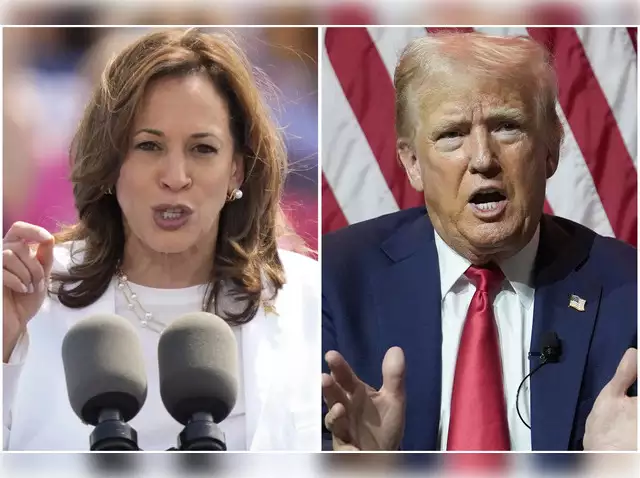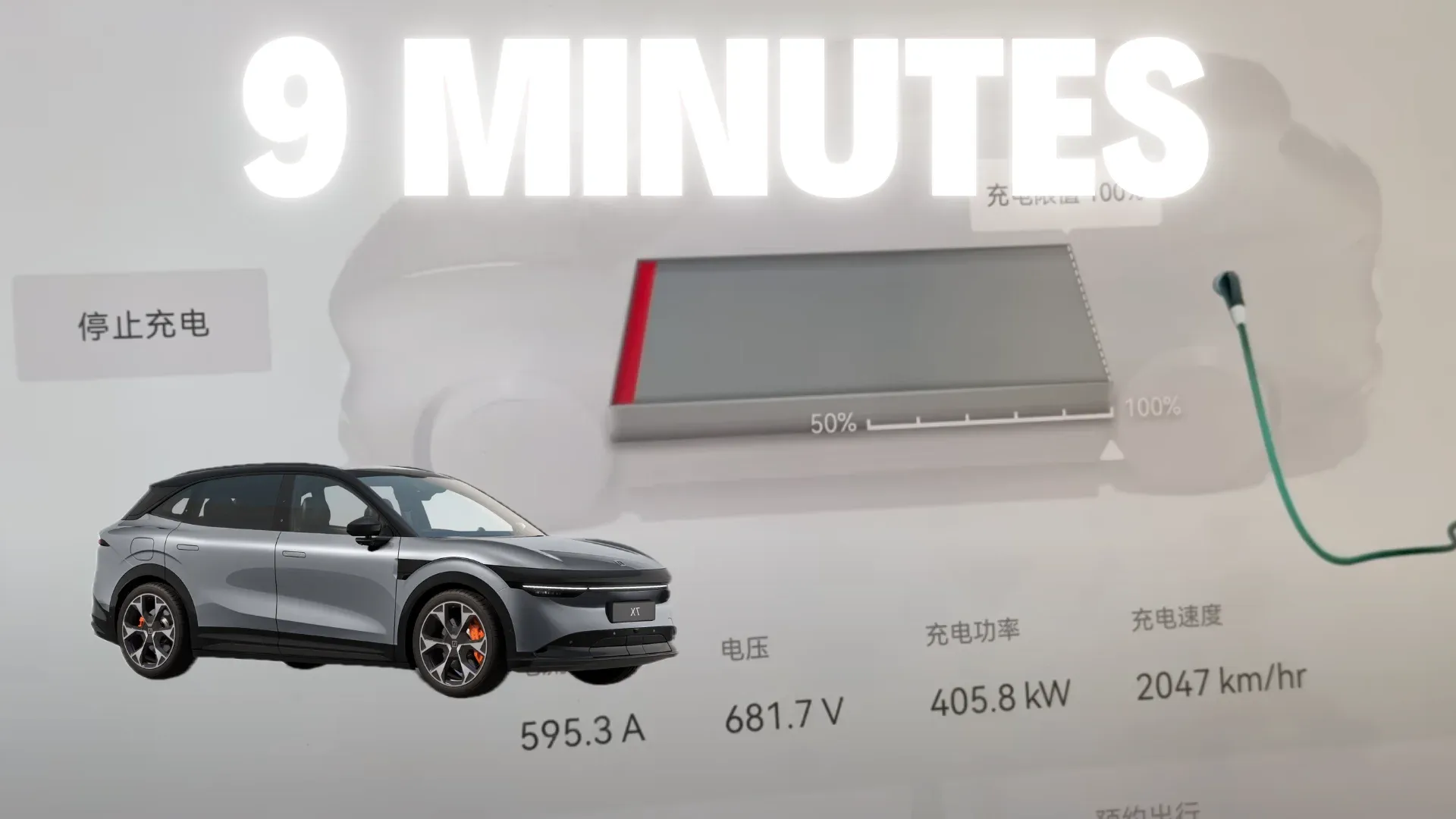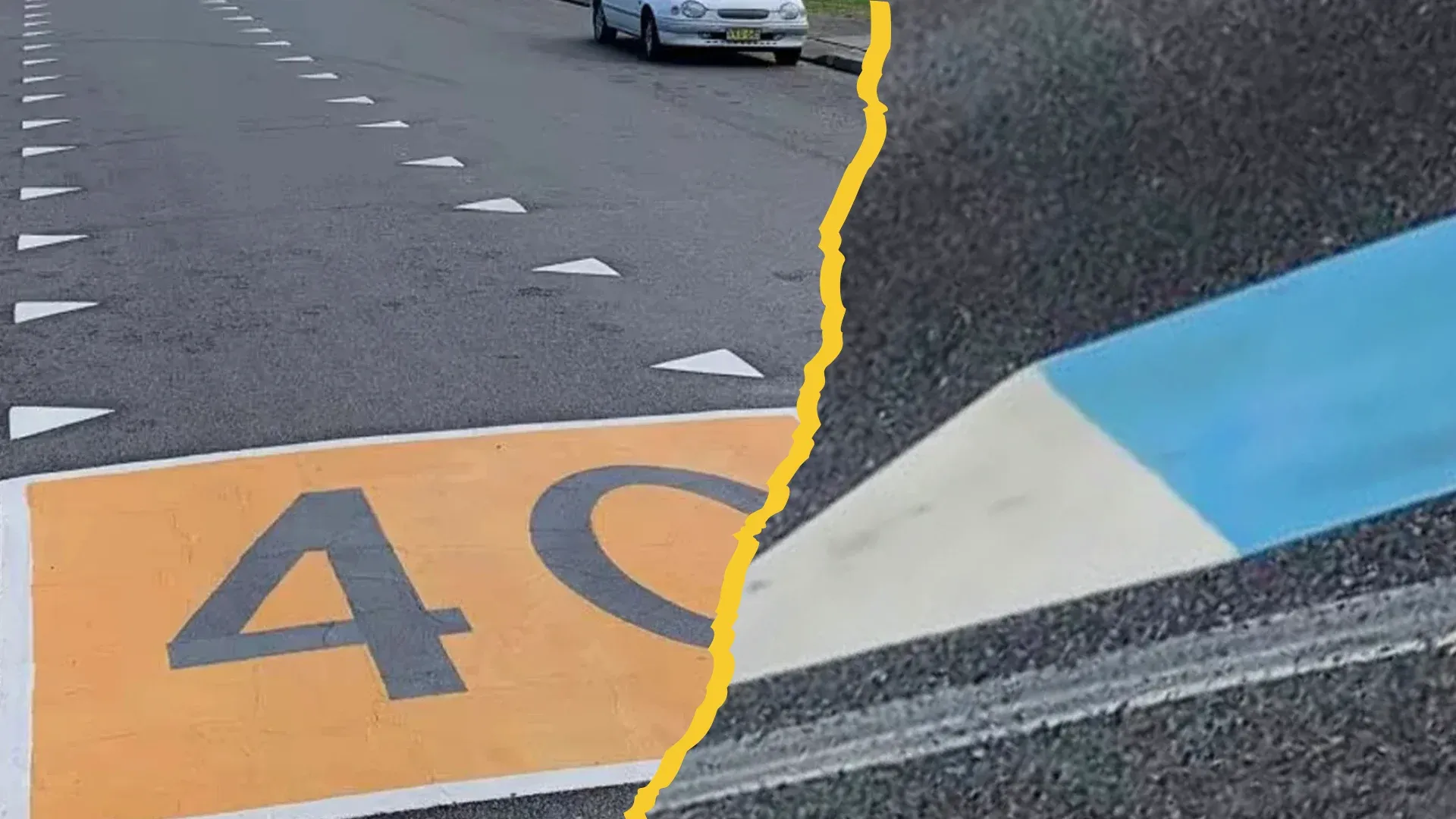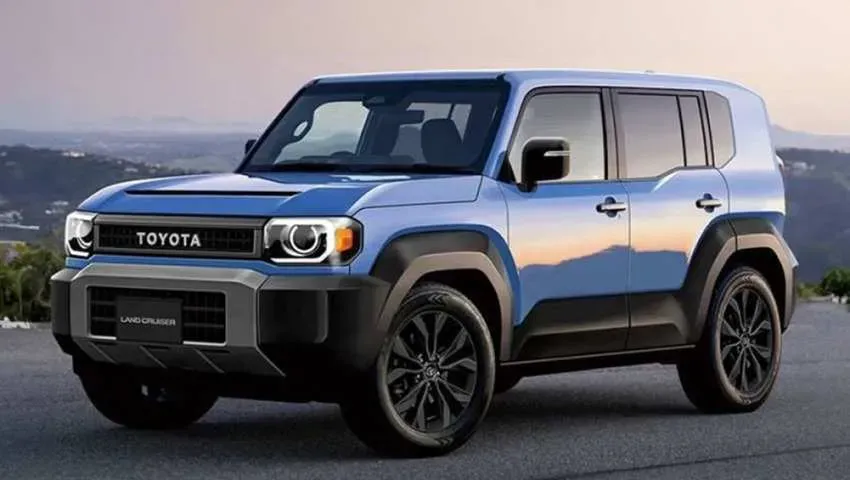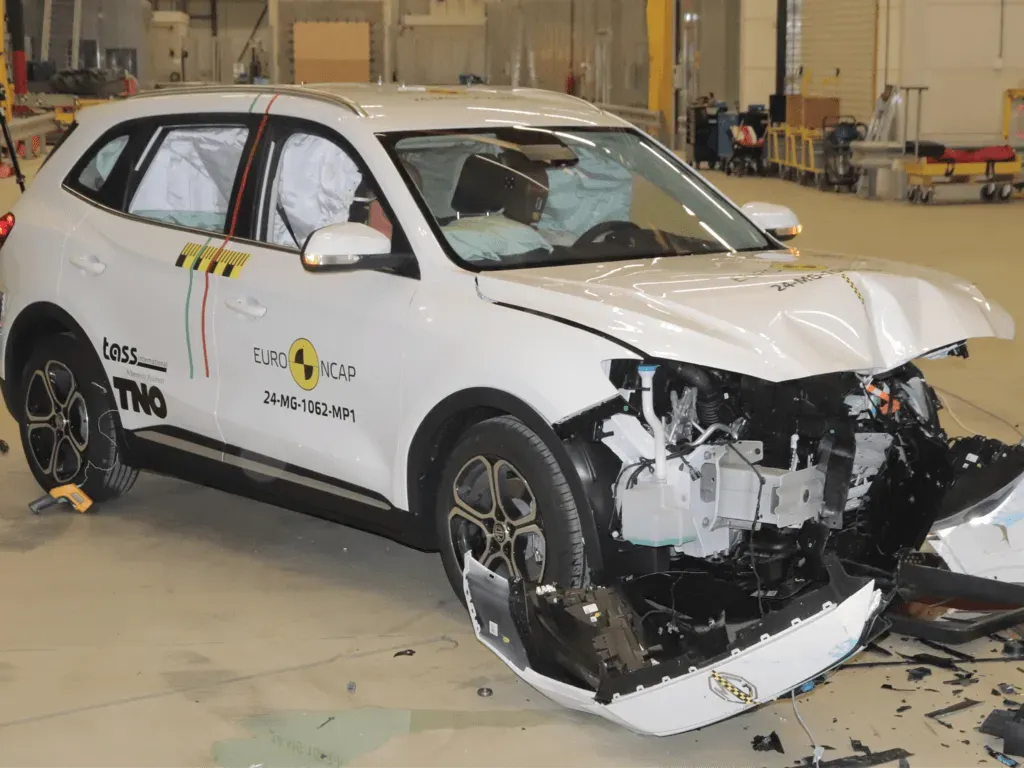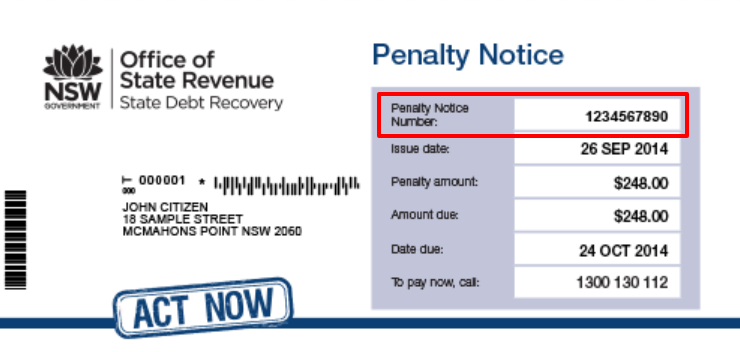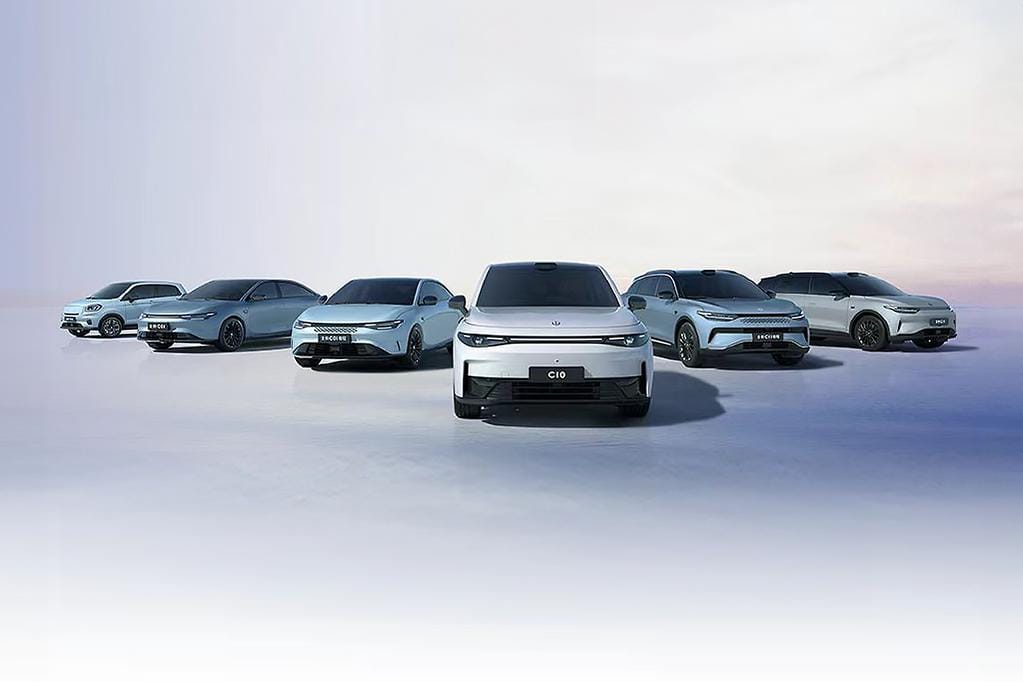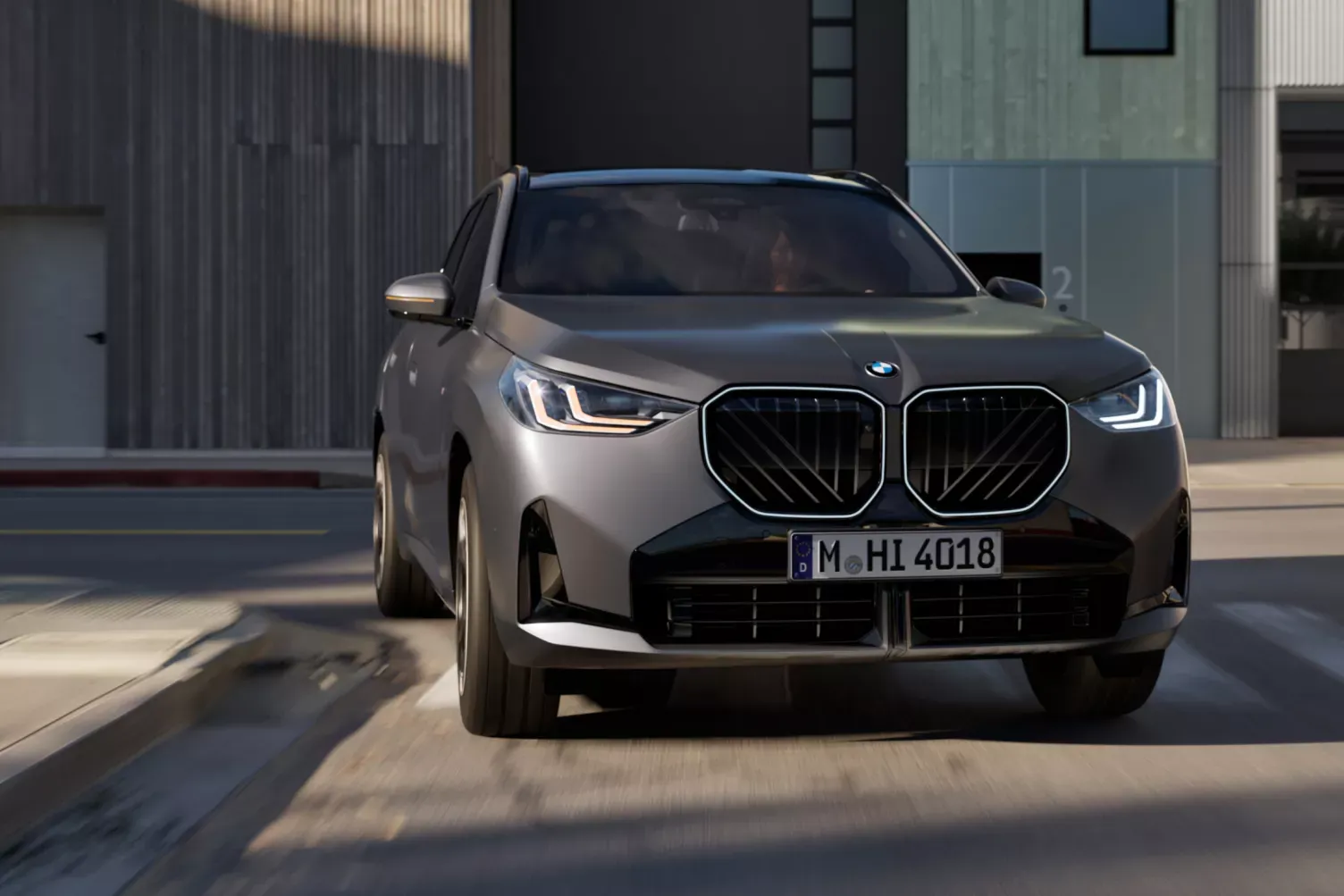The 2024 US presidential election, potentially featuring Donald Trump and Kamala Harris as candidates, could have far-reaching consequences for Australia's automotive industry. Here's how the outcome might affect key areas:
Electric Vehicle Policies

- Harris: Likely to continue Biden administration's push for EVs, potentially benefiting Australian EV adoption and related industries.
- Trump: May roll back EV incentives, possibly slowing Australia's EV transition and affecting related investments.
Trade Relations

- Both candidates are expected to maintain or increase tariffs on Chinese goods, which could indirectly impact Australia's auto industry due to its reliance on Chinese trade.
- Trump's proposed 50-60% tariff increase on Chinese imports could have significant ripple effects on global trade, including Australia's automotive sector.
Climate Policy

- Harris: Expected to maintain strong climate commitments, potentially encouraging Australia's shift towards greener automotive technologies.
- Trump: Likely to withdraw from climate agreements, which could slow global momentum on automotive emissions reduction.
US-Australia Climate Compact
- Harris: Would likely strengthen the Australia-US Climate Compact, fostering cooperation in areas like critical minerals for EV batteries.
- Trump: Might ignore or dismantle the compact, potentially affecting joint initiatives in automotive technology.
Global Auto Industry Landscape
- The election outcome could influence global automaker strategies, indirectly affecting the Australian market and local manufacturing prospects.
While the US election's impact on Australia's car industry may not be immediate, the long-term effects could be significant. Australian policymakers and industry leaders will need to closely monitor the outcome and adjust strategies accordingly to navigate the changing global automotive landscape.



